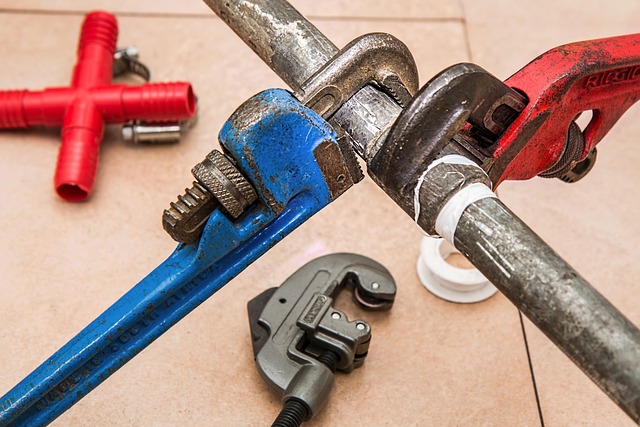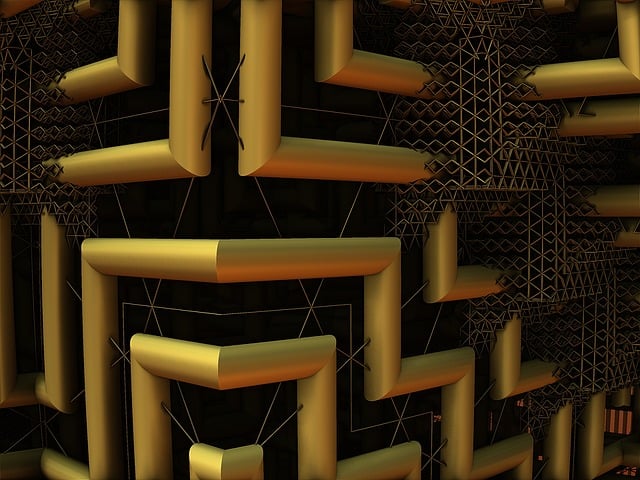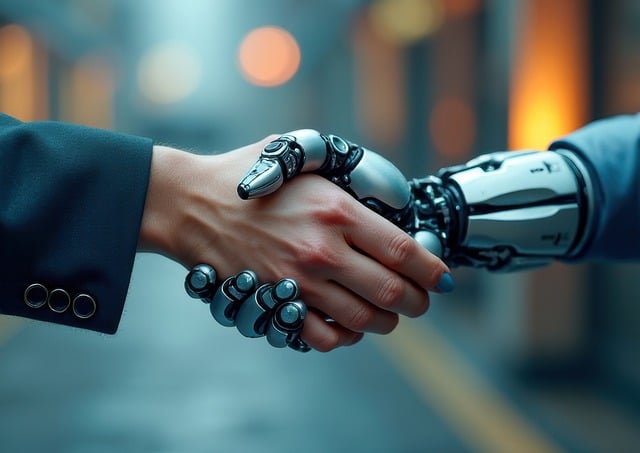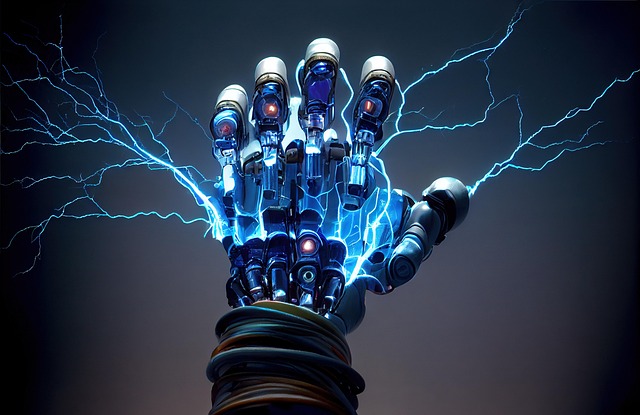Plumbing technologies are revolutionizing home sustainability through efficient water management solutions. Smart water detectors monitor and optimize usage, reducing waste with automated adjustments. Tankless heaters provide energy-efficient hot water on demand, saving space and bills. Advanced water filtration systems purify tap water without wasting resources. Trenchless repairs minimize excavation, making plumbing maintenance more eco-friendly. Integrated with digital controls, these technologies empower users to manage water consumption, promoting sustainability and reducing environmental impact.
In today’s digital era, plumbing technologies are revolutionizing sustainable homes with innovative water-conserving fixtures and smart features. From smart water detectors that optimize usage to tankless heaters providing efficient hot water solutions, these advancements are reshaping conservation efforts. Water filtration systems ensure cleaner, safer drinking water while trenchless repairs offer minimally invasive, cost-effective solutions. Digital controls further enhance management capabilities, promising a sustainable future for water resources.
- Plumbing Technologies Shaping Sustainable Homes: An Overview
- Smart Water Detectors: Revolutionizing Conservation Efforts
- Tankless Heaters: Efficient Hot Water Solutions
- Water Filtration Systems for Cleaner, Safer Drinking Water
- Trenchless Repairs: Minimally Invasive, Cost-Effective Solutions
- Digital Controls: The Future of Water Management
Plumbing Technologies Shaping Sustainable Homes: An Overview

Plumbing technologies are revolutionizing the way we approach home sustainability. These innovations play a crucial role in shaping eco-friendly living spaces by offering efficient water management solutions. One prominent trend is the integration of smart water detectors, which monitor and optimize water usage, ensuring no wastage. For instance, advanced digital controls can automatically adjust flow rates and shut off supplies when not in use, significantly reducing overall consumption.
Additionally, tankless heaters are gaining popularity for their energy-efficient design. These heaters provide hot water on demand, eliminating the need for large storage tanks, thus saving space and reducing energy bills. Water filtration systems have also evolved, offering advanced solutions to purify tap water without wasting precious resources. Furthermore, trenchless repairs minimize excavation, making plumbing maintenance more sustainable and less disruptive to homeowners.
Smart Water Detectors: Revolutionizing Conservation Efforts

Smart Water Detectors are at the forefront of revolutionizing conservation efforts in today’s world of advanced plumbing technologies. These innovative devices go beyond basic water usage monitoring by integrating digital controls and real-time data analysis. They can detect leaks, track flow rates, and provide insights into water consumption patterns, empowering users to make informed decisions that significantly reduce waste. With smart water detectors, homeowners and businesses alike can easily identify problematic areas in their plumbing systems, such as leaky pipes or inefficient appliances, allowing for targeted repairs and replacements.
Furthermore, these detectors often work seamlessly with tankless heaters and advanced water filtration systems, enhancing overall efficiency. By automating and optimizing water usage, smart water detectors contribute to the broader adoption of trenchless repair methods, minimizing excavation and reducing the environmental impact associated with traditional plumbing practices. This holistic approach not only conserves precious water resources but also saves energy and reduces utility bills, making smart water detectors a game-changer in sustainable living.
Tankless Heaters: Efficient Hot Water Solutions

Tankless heaters are at the forefront of modern plumbing technologies, offering an efficient hot water solution that conserves precious resources. Unlike traditional storage tanks, these innovative devices provide hot water on demand, eliminating the need for constant heating and significant water wastage. By integrating smart water detectors and digital controls, tankless heaters can precisely regulate water temperature and flow, ensuring optimal usage without over-consuming energy or water.
This cutting-edge approach not only reduces utility bills but also minimizes environmental impact through trenchless repairs, eliminating the need for invasive installations. The result is a streamlined plumbing system that delivers hot water when needed while promoting responsible water filtration practices, making it an ideal choice for those seeking sustainable and smart home solutions.
Water Filtration Systems for Cleaner, Safer Drinking Water

Water filtration systems play a crucial role in ensuring that your plumbing technologies deliver cleaner and safer drinking water. These advanced systems use various techniques such as carbon filters, UV disinfection, and reverse osmosis to remove contaminants like lead, chlorine, bacteria, and even volatile organic compounds (VOCs). By integrating smart water detectors into your plumbing system, you can monitor water quality in real-time, allowing for immediate action if any issues are detected.
One of the most efficient ways to conserve water is with tankless heaters, which provide hot water on demand without the need for a storage tank. This not only reduces water wastage but also minimizes energy consumption. Digital controls on these systems offer precise temperature settings and remote monitoring capabilities, further enhancing efficiency and safety. Trenchless repairs, another innovative plumbing technology, allows for non-invasive installation and maintenance of pipes, reducing disruption to your home or business while ensuring the longevity of your water filtration system.
Trenchless Repairs: Minimally Invasive, Cost-Effective Solutions

Trenchless repairs represent a revolutionary approach in plumbing technologies, offering minimally invasive and cost-effective solutions for water conservation. Unlike traditional methods that require extensive digging and disruption, trenchless repairs use advanced tools and techniques to access and fix pipes without breaking ground. This not only minimizes damage to landscapes but also significantly reduces water loss during the repair process.
By integrating smart water detectors and digital controls with tankless heaters and water filtration systems, homeowners can further optimize their water usage. Smart detectors monitor water flow and consumption patterns, alerting users to potential leaks or inefficient fixtures. Digital controls allow for precise adjustments to temperature and pressure, ensuring water is used efficiently without compromising comfort or hygiene. These innovations complement trenchless repairs, creating a comprehensive strategy for maximizing water conservation while minimizing costs and environmental impact.
Digital Controls: The Future of Water Management

Digital Controls: Revolutionizing Water Management
The future of water conservation lies in the integration of advanced plumbing technologies and digital controls. Smart water detectors are transforming traditional fixtures into efficient, responsive systems. These devices monitor water usage patterns, detecting leaks or excessive flow, allowing for immediate adjustments. With real-time data, homeowners can make informed decisions to reduce water wastage, contributing to significant savings.
Tankless heaters, another innovative plumbing technology, complement digital controls by providing on-demand hot water, eliminating the need for energy-intensive storage tanks. Combined with advanced water filtration systems, these technologies ensure clean water while minimizing waste. Moreover, trenchless repairs, a non-invasive method, offer efficient solutions for pipe issues, reducing disruption and conserving water resources further. Digital controls, when integrated into these modern plumbing systems, empower users to actively manage their water consumption, fostering sustainability in today’s digital era.
